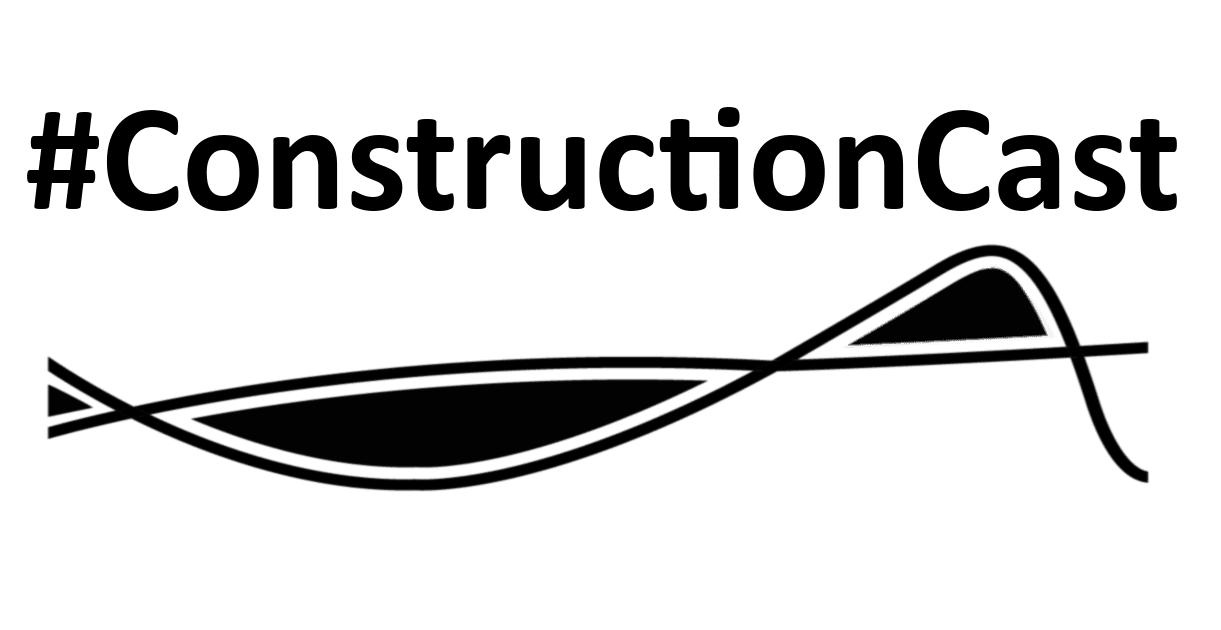This week we took a look at construction dispute funding by third parties. Annie joined Andrew Roberts of Augusta Ventures, James Drayton of Raven Group, and Khushboo Shadhadpuri of Al Tamimi and Company. Watch the video or take a look at our brief write-up below.
The first task of the day, based on the broad range of experience of those on the call is to find out exactly what funding is and how it works.
Andrew of Augusta tells us that essentially, the funder puts money up for the pursuit of a claim, and if successful the funder will receive a return of the funds provided, plus a success fee. As the finance is “non-recourse”, the process is quite risky for funders, especially as they have no control over the proceedings. This means a funder’s diligence needs to be rigorous. Andrew’s role is to assess the risks in terms of the strength of the claim, the suitability of the legal team and likely outcome.
In construction dispute funding is quite new. However, funding itself has been around for a long time in various forums. Andrew notes that contractors and subcontractors are starting to understand the benefits of claim funding, particularly as it is “off balance sheet” and helps protect profit margins.
A Complex Process
The panellists agree that construction dispute finance is quite a challenge. This is primarily because of the complexities of enforcement. This would not be the case on, for example, a UK project with UK contractors working for HM Govt. But on international projects there are more variables involved, each of them bringing an added element of risk.
Enforcement is the biggest concern on many construction projects. Right from the outset, funders will need to consider the likelihood of enforcement. While most locations are signatories to the New York convention, there are regional variations. These alter the risk profile for a dispute and its enforcement.
For example, there are locations where the judicial outcome is quite predictable and low-risk. On the other hand, there are other locations worldwide where decisions are slower to arrive and far less predictable.
A simple example has arisen during covid: Some jurisdictions may only allow a written signature on agreements, where others allow for electronic signature / agreement.
What Can You Fund?
Litigation funding is often the term used for funding of disputes. But what about other forms of dispute resolution? Can the principles apply to anything? Broadly speaking, Andrew notes that any form of dispute resolution can attract funding. This includes statutory adjudication – if there is a reasonably predictable and enforceable outcome. Stat adjudication is an attractive prospect in fact, because of the quick turnaround and realisation of revenue.
Augusta tend to fund a ‘portfolio’ of adjudications which may have a more attractive return.
The Law and Recent Cases
On the subject of the risks of interference or ‘champerty’ the team looked at the ‘Excalibur’ case. What might the implications be for funders? The outcome of that particular case was that the Court of Appeal expect funders to conduct a rigorous analysis of the law and ensure that claims are meritorious. There is a high threshold set by the case. The excalibur case, however, is exceptional, rather than the norm.
James notes that from a funder’s perspective, the key is a professional and responsible approach to funding. Anyone involved in funding should be able to take a dispassionate professional view on the suitability of funding. Overwhelmingly, our speakers felt that the Excalibur case really is an example of an extreme which ought to not happen.
Finally, we addressed the issue of the ‘Arkin cap’ and whether the ‘Chapelgate’ case has significantly changed or might change the landscape of funding. It has opened up the possible risk that in specific circumstances a funder may be exposed to an unusually high level of costs. However, Khushboo notes that the cap is still relevant in most cases and again, this was a particular case with a specific set of circumstances.
Thanks as always to our excellent panel and do join us for the next ConstructionCast soon.

